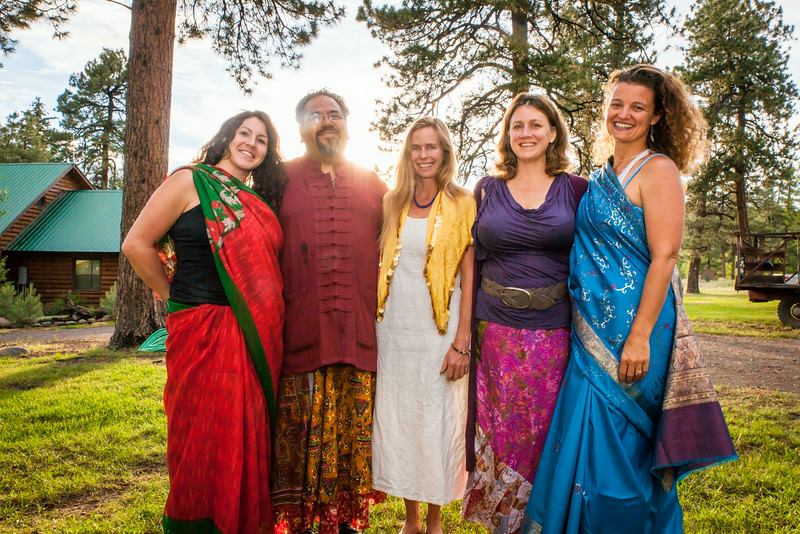This is a short yet insightful read, packed with practical tips to enhance your journey. Traveling with a group of strangers can be a wonderfully enriching experience, a chance to share laughter, stories, and unexpected moments of magic. But let’s be real, it can also come with its quirks and challenges. When you mix different personalities, habits, and expectations, you’re bound to hit a few bumps along the road. And if left unspoken, those tiny bumps can grow into awkward speed bumps that disrupt the group dynamic.
From my own experiences, I’ve learned that open communication and accountability are the secret ingredients to keeping the journey smooth and fun. It also helps to set a few ground rules before you embark on your journey. With simple agreements regarding expectations that encourage respectful behavior and mindful awareness. That way, everyone can focus on soaking in the magic of the experience rather than tiptoeing around unspoken tension.
Guidelines for Approaching Conflict Gracefully
- Pause & Reflect Before Reacting: When tension arises, it’s easy to let emotions take the lead. Instead of reacting impulsively, take a moment to breathe and center yourself. Ask:
- Communicate with Compassion: If the issue is worth addressing, approach the conversation with kindness and directness. Use “I” statements to express your feelings without assigning blame. For example:
- Instead of: “You’re being inconsiderate,” try → “I felt uncomfortable when X happened.
- Can we talk about it?” This encourages open dialogue without putting the other person on the defensive.
- Prioritize Private Conversations: Address personal conflicts one-on-one rather than in front of the group. This prevents unnecessary group tension and creates a safe space for honest communication.
- Respect Different Perspectives: Everyone comes to the experience with their own lenses, boundaries, and cultural norms. Be mindful that what may seem inconsiderate to you might simply be someone’s different way of being. Approach the conversation with curiosity and the desire to understand.
- Know When to Let It Go: Not every annoyance requires a conversation. Sometimes, accepting small differences and focusing on the larger experience is the best course of action. Ask yourself:
- Is this conflict worth disrupting the overall experience?
- Can I release it and stay present with the group? Picking your battles helps maintain the harmony and enjoyment of the trip.
- Honor Group Accountability: When traveling as part of a small group, it’s important to cultivate a sense of mutual respect and accountability. If tensions arise, it’s okay to ask for facilitator support to help mediate and create a space for honest conversation. The goal is always to heal and move forward together.
And one way to be really good at communicating is to use the techniques set out in Nonviolent Communication (NVC). A method of communicating developed by Marshall Rosenberg that focuses on fostering empathy, understanding, and connection. The approach encourages individuals to express their needs and feelings honestly and to listen to others with openness, without judgment or criticism.
NVC centers on four key components: observation, feelings, needs, and requests. The goal is to communicate in a way that enhances cooperation and resolves conflicts constructively, rather than through power struggles or misunderstandings.
Learning NVC can be particularly beneficial for group leaders and organizers, as it provides tools for navigating challenges and fostering positive group dynamics. When leading a group, being able to communicate clearly and empathetically helps build trust and collaboration. Leaders who practice NVC are more effective in diffusing tensions, managing conflicts, and ensuring that everyone’s voice is heard.
By using NVC, group leaders can create a culture of openness, respect, and mutual understanding, which not only enhances the group’s cohesion but also empowers individuals to feel more supported and engaged. Whether in team settings, community-building, or any group-oriented work, NVC encourages an environment where all participants can thrive through healthy, honest communication.
And for those of you who would like to delve further into the vast expertise of interpersonal communication; I highly recommend diving in deeper with the link here —> non-violent communication
The Bigger Picture: Preserving the Magic
While occasional conflicts are a natural part of any group experience, it’s how we handle them that truly matters. When approached with care, these moments have the potential to foster personal growth and deepen connections. Traveling with strangers offers a unique opportunity to practice compassion, adaptability, and self-awareness skills.
Remember, don’t be too hard on yourself if you don’t master these skills overnight. The key is to use them as a guide and do your best.
Dealing with people can be complicated, especially when we don’t know what they’re going through. Practicing empathy makes it easier to navigate these moments. Good luck on your journey!


